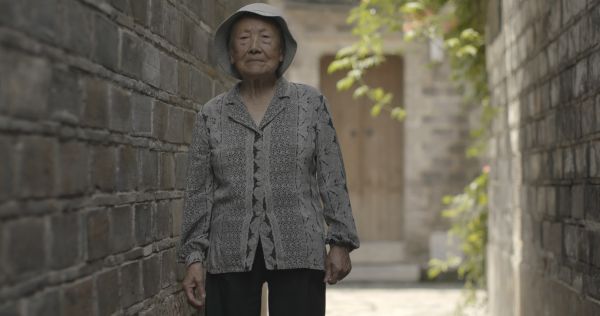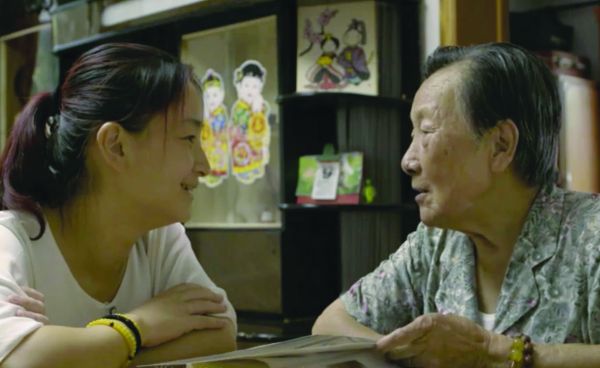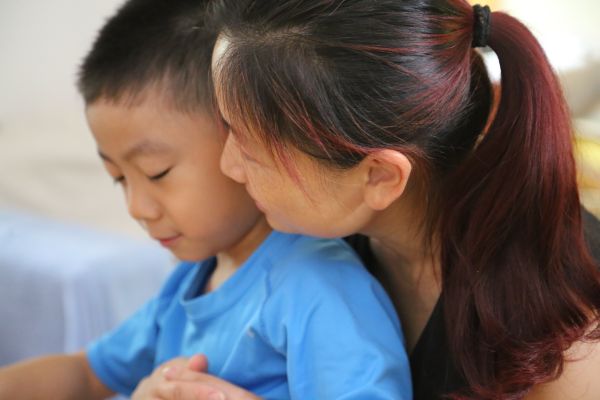‘The Girl and The Picture’ to Screen at Tribeca Film Festival

This was the kind of family moment Academy Award-winning director Vanessa Roth was trying to capture in the film, which tells the story of the elderly woman, Xia Shuqin, who at age eight witnessed the murder of her family in the horror of what would become known as the Nanjing Massacre.
“To have her and her great-grandson together, and her and her granddaughter together, we get to see her as a full person, not just the survivor of that moment,” Roth said.
Tomorrow, the full-length documentary – produced by USC Shoah Foundation -- will be screened at Tribeca Film Festival in Manhattan.
The Nanjing Massacre occurred during the Sino-Japanese War on Dec. 13, 1937, when Japanese troops arrived on horseback and embarked on a campaign of violence that left up to 300,000 Nanjing civilians and unarmed soldiers dead.
Xia's family had just eaten breakfast when her father heard someone at the door and opened it. He was shot and killed instantly by Japanese soldiers, who stormed inside and slaughtered 10 more people, including Xia's parents, two of her grandparents and four sisters. Only Xia and her 4-year-old sister survived. They spent 10 days hiding in the house as the bloodbath outside carried on.

The Girl and The Picture brings together multiple direct descendants of this history, as Madam Xia shares her memory with her granddaughter, her great grandson and with Chris Magee, the grandson of the missionary who captured her image eight decades earlier. (Click here to watch the trailer.)
Roth said she was surprised by something that happened when Chris Magee met Madam Xia and her descendants.
“There was this moment in the room where he really was having a hard time talking,” she said. “He felt personally responsible that his grandfather hadn’t gotten to Madam Xia’s family before the soldiers had come.”
Madam Xia’s granddaughter, too, seemed to inherit a sense of suffering from her grandmother, Roth said.
“I think that’s that legacy of pain and loss that comes with genocide,” she said.

“She was an archaelogist and anthropologist,” Roth said. “Her life was focused on personalizing history, making us understand that the past is full of stories of individuals and families -- that we all share a common humanity. So I hope I have carried on with my own family legacy in making this film.”